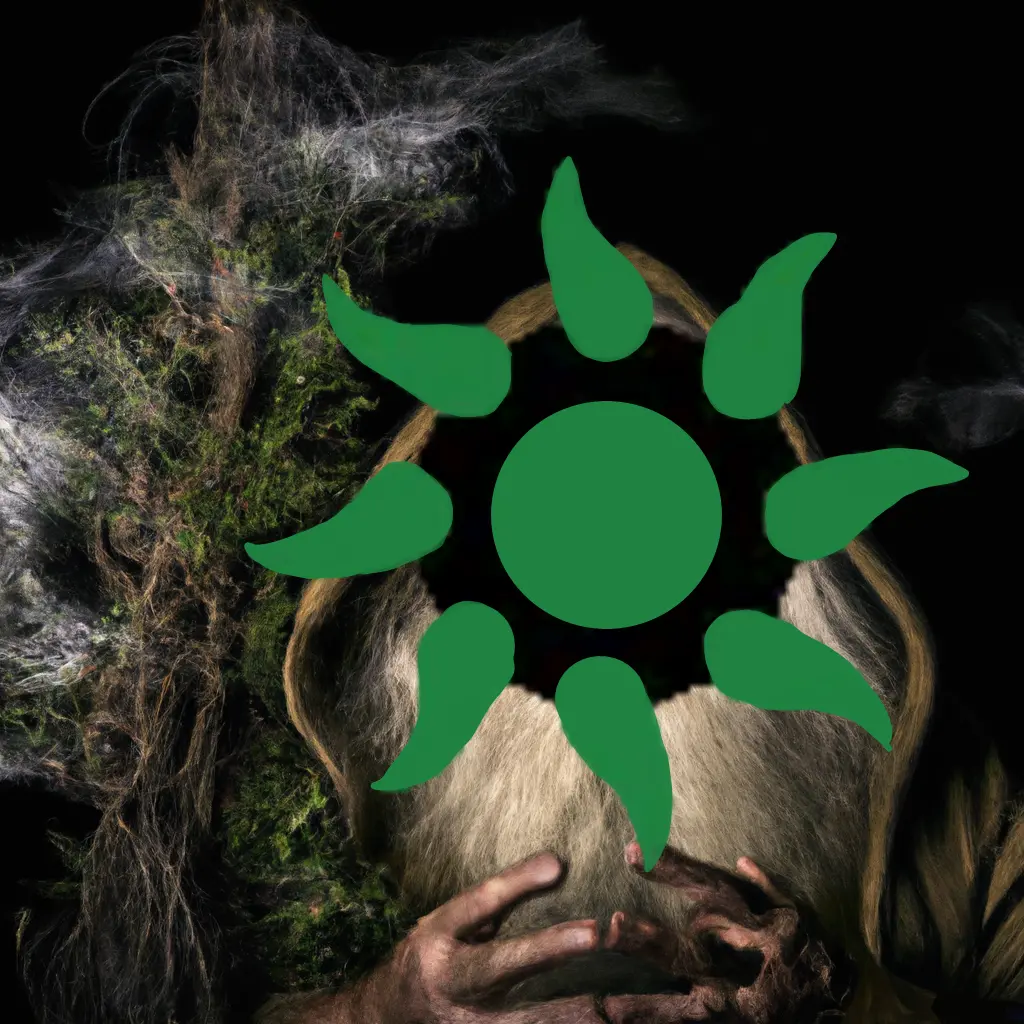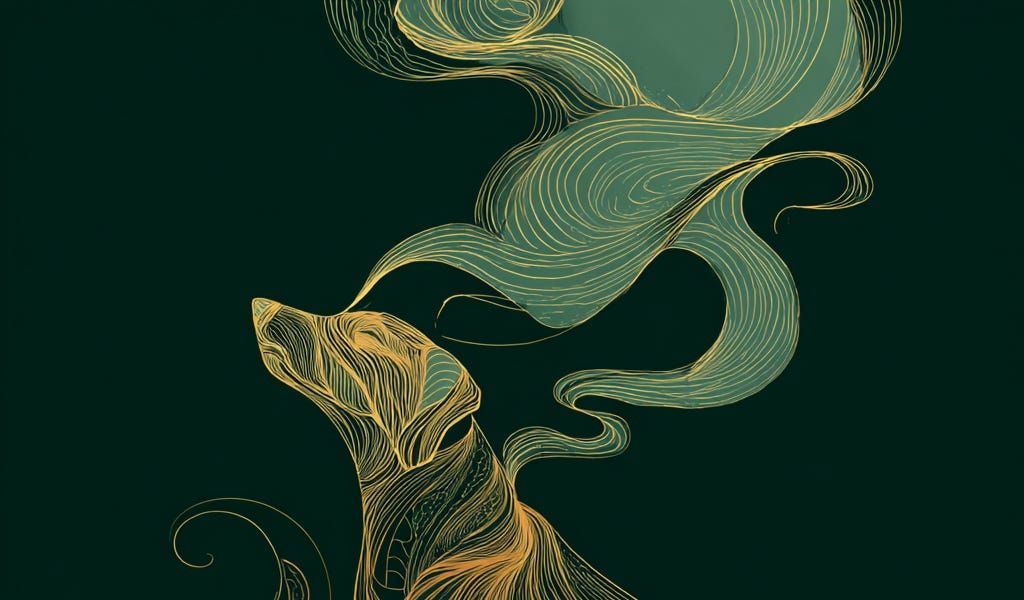I remember the look of disdain on his face as he said it.
“You’re encouraging fantasy worlds that hurt people. It’s dangerous.”
You would have thought I was swindling grandmothers out of their retirement funds, rather than the producer of an alternative event called the Whole Health Expo.
He was a prestigious psychiatrist and professor at an Ivy League university. I don’t remember why we were meeting for lunch, but I do remember he had plenty to say about my event…all of it negative.
In an attempt to address his concerns, I began to acknowledge some of what were considered the more fringe elements:
“Yes, it’s true, there are some ideas that may seem really ‘out there,’ like animal communication…”
Before I could finish, he cut me off:
“Now, animal communication - that is real! I talk to my dog all the time!”
Excitedly, he started citing the latest scientific data about telepathy with animals (there’s a lot).
What I thought at first was going to be a short, challenging lunch expanded into an enjoyable dinner as the conversation opened into other aspects of nonphysical reality, grounded in his personal experience with his dog.
I’ve found there is often an entry point into conversations considered ‘woo’ or ‘out there’. Many of us have had experiences that don’t fit into the “normal” narrative of reality but are tangible, impactful and even life changing.
We use different words to describe it and a variety of ways we make sense of it, but these experiences are universal.
A 2024 CivicScience poll found that 64% of U.S. adults believe in at least one paranormal phenomenon (such as ghosts, spirits, psychic abilities, etc.). Another 2025 sociological study reported that over 70% of people in the U.K. believe in at least one category of the supernatural.
As nervous as we may still feel about waving our “woo woo” flag, the truth is, woo isn’t fringe anymore. We are seeing a resurgence in the US of traditional and fundamental religion. Prayer, miracles, the felt presence of God: these are woo by another name.
If the majority of us have had experiences science can’t yet explain, why are we still apologizing for them?


